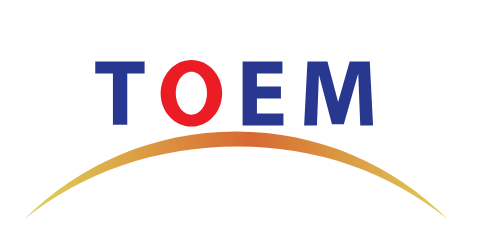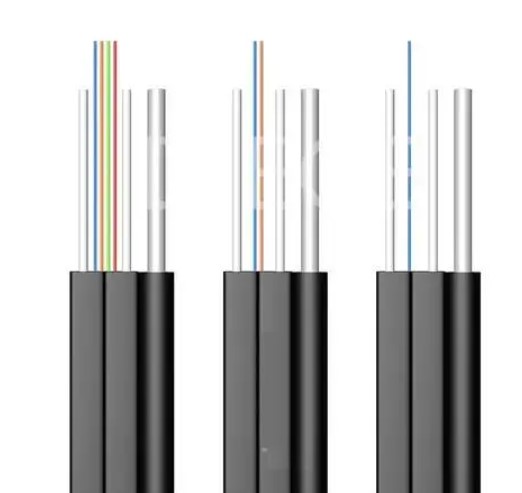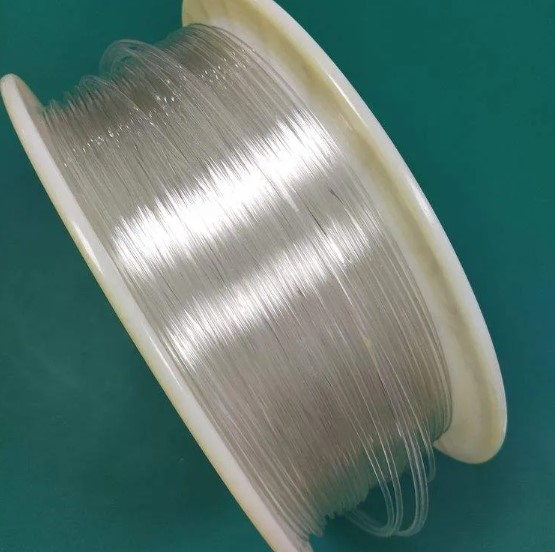Shanghai Gengyun Industrial Co., Ltd
G.657.A2 Single Mode Fiber Optic
G.657.A2 optical fiber has a smaller bending radius than other types of single-mode fibers. Such as G652.D and G657.A1. Its minimum bending radius can reach 7.5mm,
Categories G.657.A2, Optical Fiber, Products, Single Mode Fiber Optic
Product Description
No.T-OF001-G.657.A2 TOEM’s bend insensitive type-A optical fiber complies with or exceeds the specification of ITU-T G.657 recommendation of type-A optical fiber. lt has all characteristics of TOEM’s low water peak fiber, and complies with the requirements suggested by ITU-T G.657A and the standard of lEC60793-2-50 B6 type optical fiber. lt is a bend-insensitive low water peak optical fiber with better macro-bend resistance performance.
Technology Parameters
| ltem | Unit | Value | |
| Transmission Performance | |||
| Attenuation at 1310nm | dB/km | ≤0.35 | |
| Attenuation at 1550nm | dB/km | ≤0.21 | |
| Attenuation at 1625nm | dB/km | ≤0.24 | |
| Attenuation at 1383±3nm | dB/km | ≤0.35 | |
| Attenuation discontinuity | dB | ≤0.03 | |
| Attenuation-wavelength characteristic | dB/km | ≤0.03 | |
| Zero dispersion wavelength | nm | 1300~1324 | |
| Zero dispersion slope | ps/(nm2.km) | ≤0.090 | |
| Dispersion at 1288-1339nm | ps/(nm.km) | ≤3.5 | |
| Dispersion at 1271-1360nm | ps/(nm.km) | ≤5.3 | |
| Dispersion at 1550nm | ps/(nm.km) | ≤18 | |
| PMD | ps/ km | ≤0.1 | |
| Cut-off wavelength (入cc) | nm | ≤1260 | |
| Macro-bend Loss | |||
| R15mm/10turns/1550nm | dB | ≤0.03 | |
| R10mm/1turn/1550nm | dB | ≤0.1 | |
| R7.5mm/1turn/1550nm | 8B | ≤0.5 | |
| R15mm/10turns/1625nm | dB | ≤0.1 | |
| R10mm/1turn/1625nm | dB | ≤0.2 | |
| R7.5mm/1turn/1625nm | dB | ≤1 | |
| Geometric Performance | |||
| Mode field diameter at 1310nm | μm | (8.6-9.2)±0.4 | |
| Cladding diameter | μm | 125±0.7 | |
| Core/Cladding Concentricity Error | μm | ≤0.5 | |
| Cladding Non-Circularity | % | ≤1 | |
| Coating diameter (uncolored) | μm | 243±7 | |
| Cladding/Coating Concentricity Error | μm | ≤8 | |
| Mechanical Performance | |||
| Proof test level | % | ≥1.0 | |
| Fiber Strength | 10m, Weibull lowest probability level:2.76GPa(15%) | ||
| Dynamic corrosion parameter nd | ≥20 | ||
| Curl radius | m | ≥4 | |
| Strip force | Average value | N | 1~5 |
| Peak value | 1.3~8.9 | ||
| Environment Performance | |||
| Temperature performance(-60~+85°C) | Additional attenuation ≤0.05dB/km is allowed at 1310nm and 1550nm. | ||
| Immersing performance(23±2℃,30days) | |||
| Humidity and heat performance (85±2℃,humidity degree over 85%,30days) |
|||
| Heat aging performance(85+2°C, 30days) | |||


